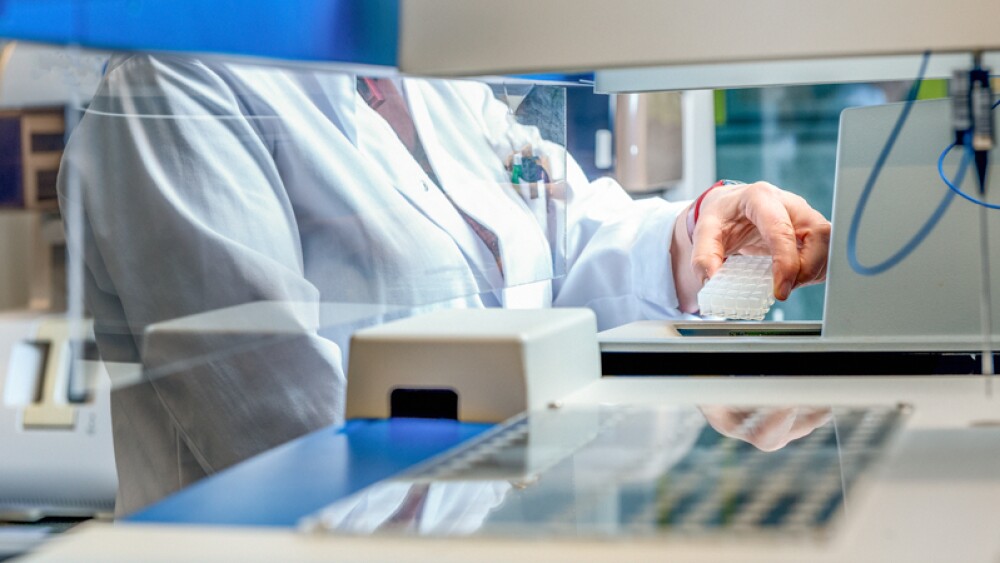December 28, 2016
By Alex Keown, BioSpace.com Breaking News Staff
BOSTON – A Harvard professor has retracted research that was once considered a breakthrough in diabetes research.
Stem cell scientist Douglas Melton issued a retraction for his 2013 paper that indicated a hormone found in the liver, which he dubbed betatrophin, was capable of spurring insulin production in mice. The paper, which was originally published in Cell was hailed as a means of harnessing the body’s own power to fight the disease and also relieve diabetes patients from having to undergo insulin injections, StatNews noted. After Melton’s paper was published, numerous companies and labs attempted to reproduce his work, but were unable to do so. The next year an independent group of researchers undertook their own research on betatrophin and found that betatrophin had no effect on insulin production. That team wasn’t the only one. Melton himself was unable to reproduce his original findings. StatNews said the scientist’s own team published a second article outlining their failures.
Again earlier this year, Melton, along with a team from Baylor College of Medicine and the McNair Medical Institute, published another article refuting the original findings of betatrophin, StatNews said.
Finally, this week, Melton and the co-authors of the original article published an article retracting their original findings, saying the initial findings about betatrophin “is wrong and cannot be supported,” StatNews said. Melton told Retraction Watch that although he had already cast doubts on his own work with his previous papers he wanted to retract the article to ensure that anyone who was working on their own research regarding betatrophin would “see this is our present view.”
“I thought it would be most unfortunate if a lab missed the PLOS ONE paper, then wasted time and effort trying to replicate our results,” Melton told Retraction Watch.
Melton said he should have performed the original experiment with a larger number of mice test subjects to create greater statistical strength. However a larger mice population wasn’t the primary problem. He also told Retraction Watch that his primary mistake was the “lab had miscounted the number of beta cells, which are relatively rare—so should have been tracked under higher magnification.”
Although Melton retracted that paper that was once hailed as being so promising, there are parts that remain valid, he said. A molecule known as S961 has the ability to block the insulin receptor, “which causes a robust replication of beta cells,” Retraction Watch noted.
Melton’s work is not done. Melton said he will continue working to determine why adding an insulin antagonist boosts beta cells. He said he now knows it’s not betatrophin and wants to “figure out what the real cause of beta cell replication is.”





